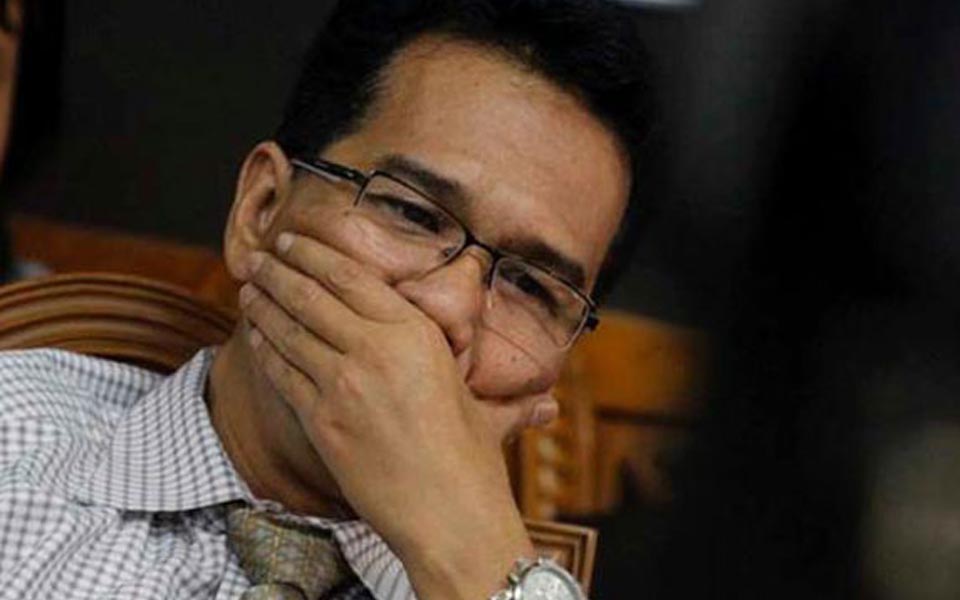Jakarta – Some 2,000 public complaints lodged with the National Human Rights Commission (Komnas HAM) in 2008 have still not been settled. This year, the commission received around 7,000 complaints of rights violations. Around 75 percent were rights violations in the economic, social and cultural fields.
Documents containing the term 'political parties'
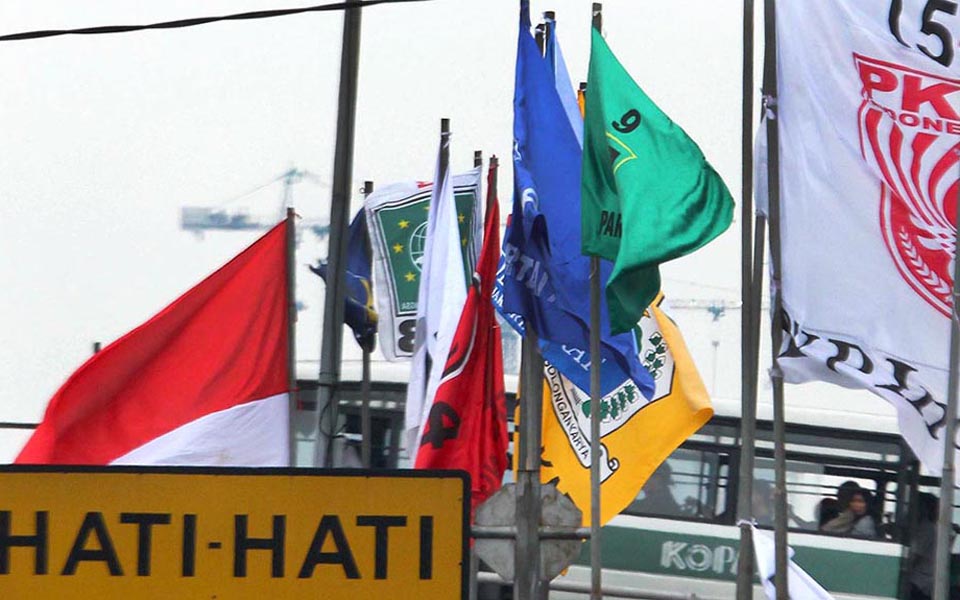
Novia Chandra Dewi, Jakarta – The 2009 legislative and presidential elections are within sight. Thirty eight national political parties are registered to contest to fight for the people’s votes. But it is estimated that only 10 parties will end up with seats in Senayan (the House of Representatives).
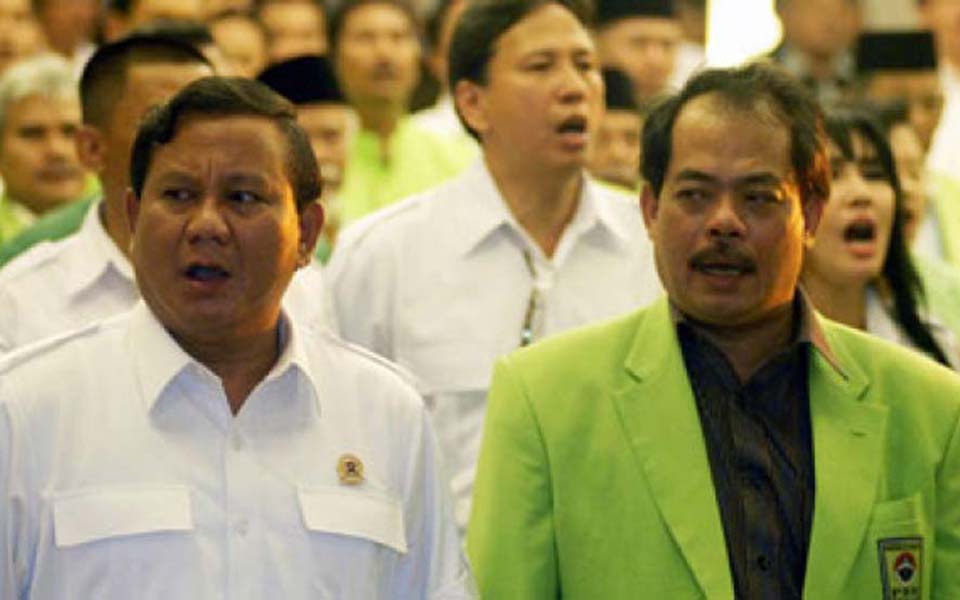
Jakarta (Dtc/Lampost) – The Star Reform Party (PBR) is continuing to select presidential candidates who are suitable for support at its convention.
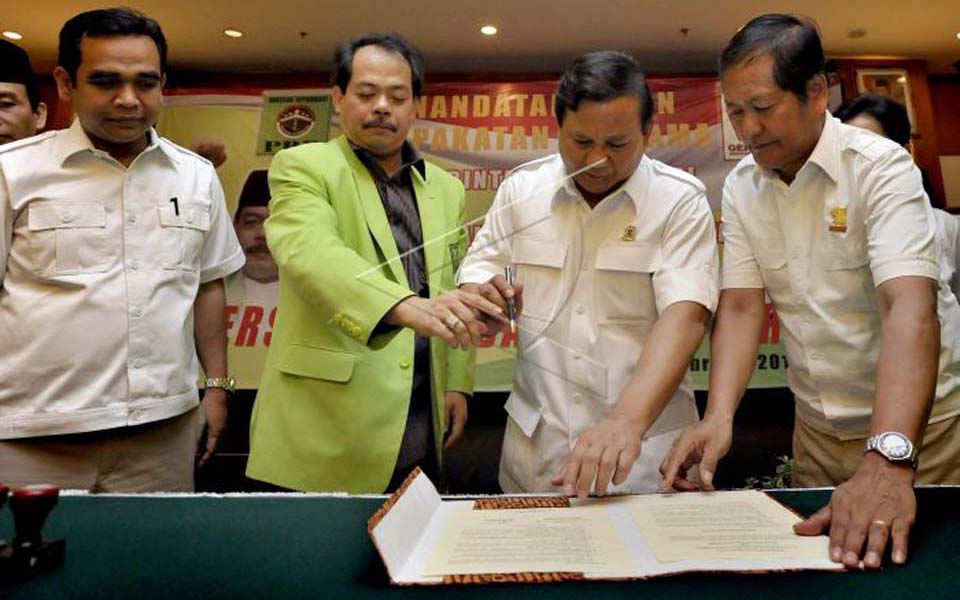
Ronald Tanamas, Jakarta – The Star Reform Party (PBR) is now looking and seeking out who is the appropriate presidential candidate for it to support in its coming convention.
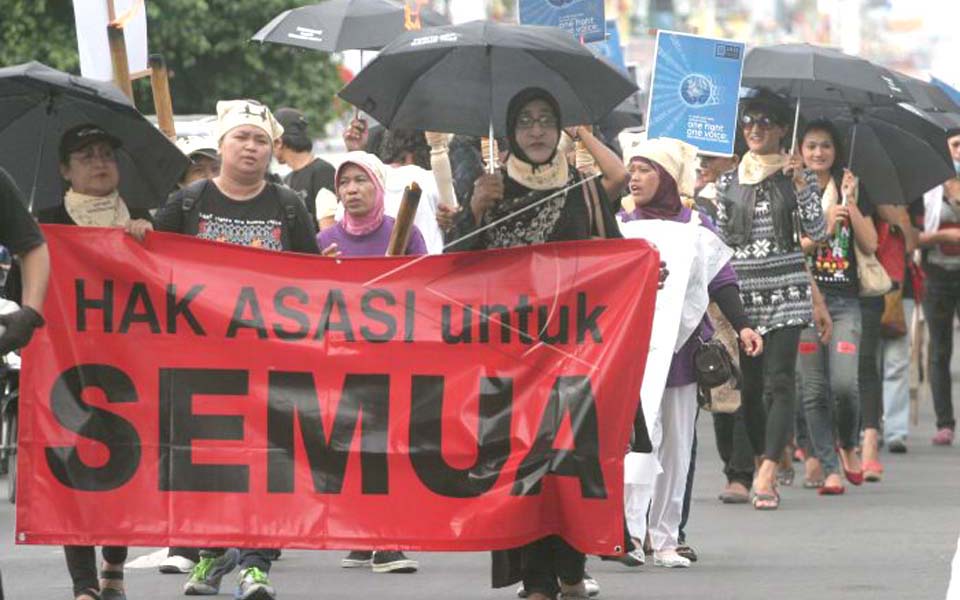
Yogyakarta – Hundreds of students and non-government organisation activists in the Central Java city of Yogyakarta took to the streets on December 10 to commemorate Human Rights Day.
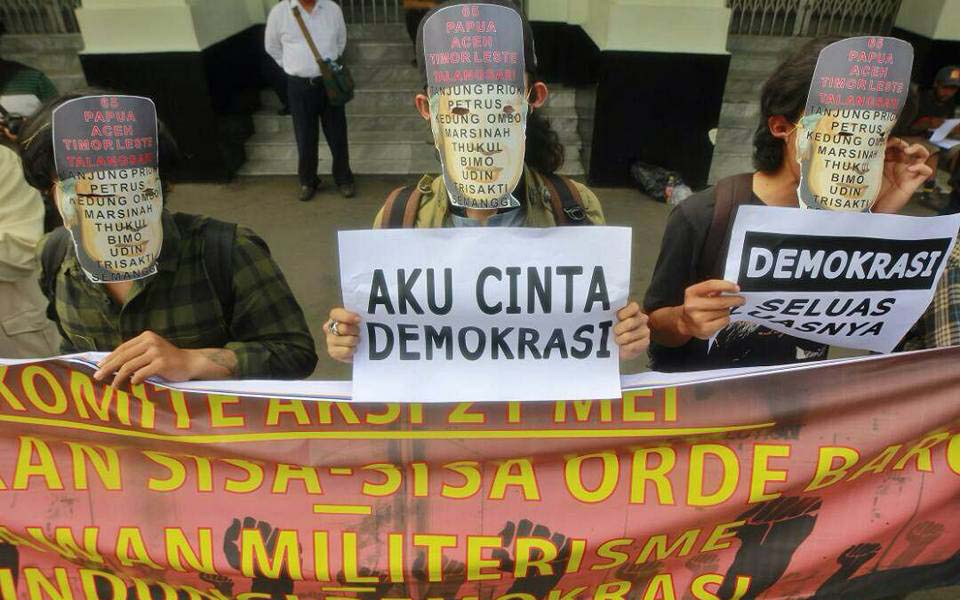
Oppose the 2009 elections of the political elite – an election of the human rights violators, capitalists, corruptors and opportunist!
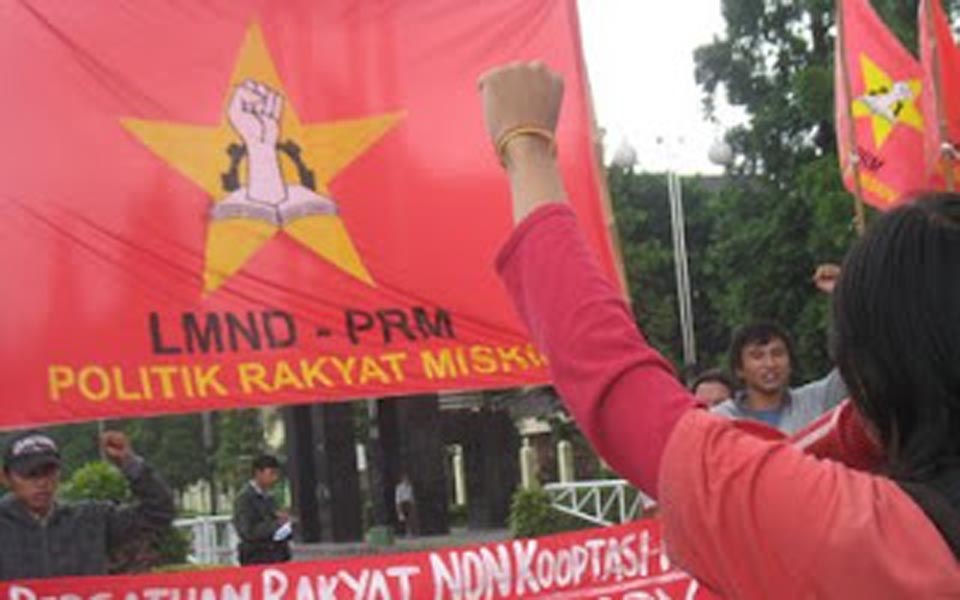
[The following is a statement from (the temporary) National Collective of National Student League For Democracy-The Politics of The Poor (Liga Mahasiswa Nasional untuk Demokrasi-Politik Rakyat Miskin, LMND-PRM), Indonesia, about the capitalist crisis now and the solutions being taken by our government, the Susilo Bambang Yudhoyono-Jusuf Kalla re
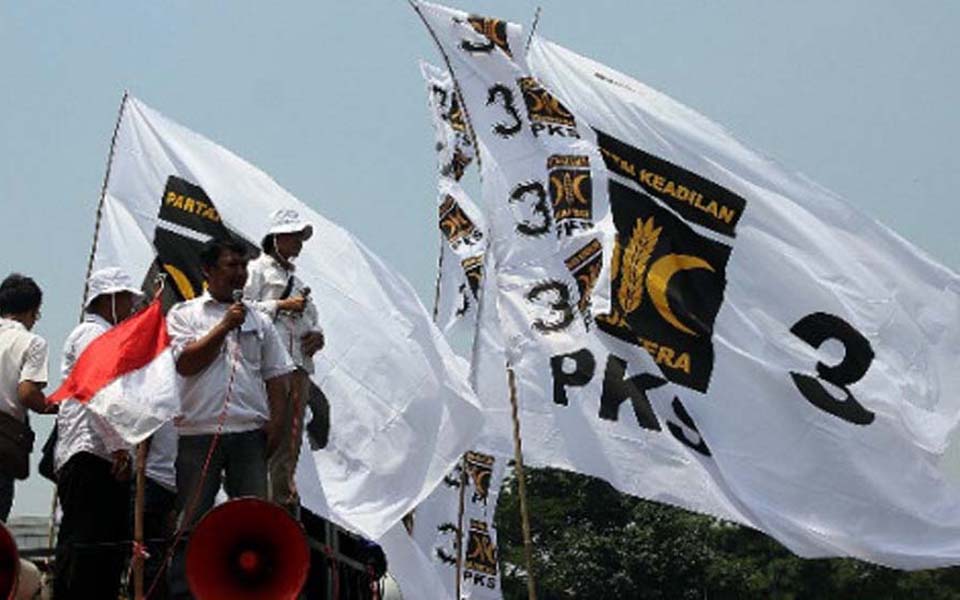
Hery Winarno, Jakarta – The image of the Justice and Prosperity Party (PKS) appears to be starting to fade. At least this what can be read from the results of a survey conducted by the National Survey Institute (LSN), which found that the PKS occupies fourth place among the political parties considered to be most Islamic.

Suwardiman – Young voters, particularly first time voters, are a potential vote base that political parties should consider targeting in the 2009 legislative and presidential elections.
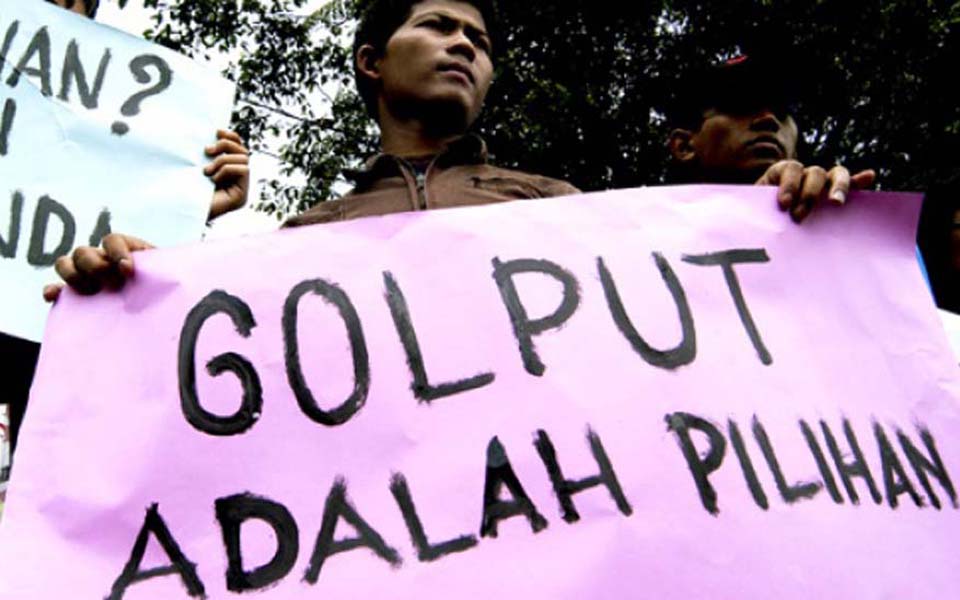
Jakarta – Believing that the government has failed to side with them, workers have started campaigning for people not to vote in the 2009 legislative and presidential elections. The reason, they feel that it is pointless giving political support to the government.
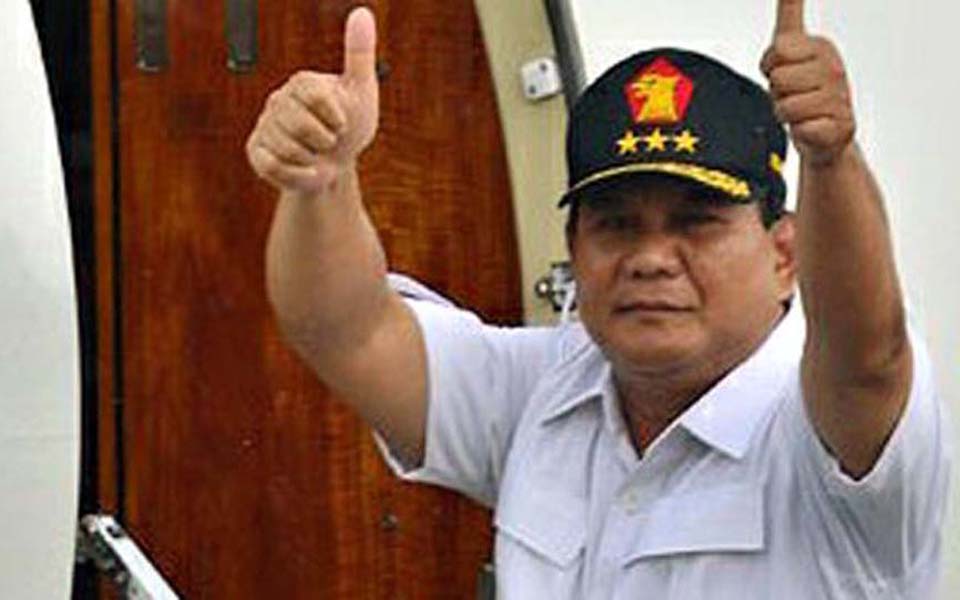
Jakarta – The results of research and a political study by Charta Politika (Political Charter) has revealed that the Great Indonesia Movement Party (Gerindra) has three sources of strength to help it win the 2009 legislative elections.
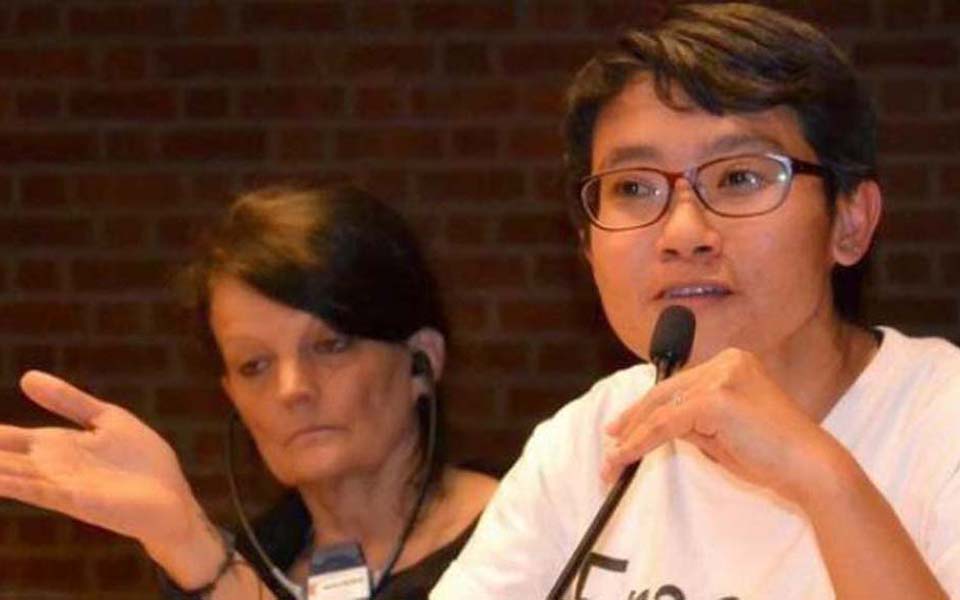
“... although legislation represents an important start, its role cannot be more than just a beginning.
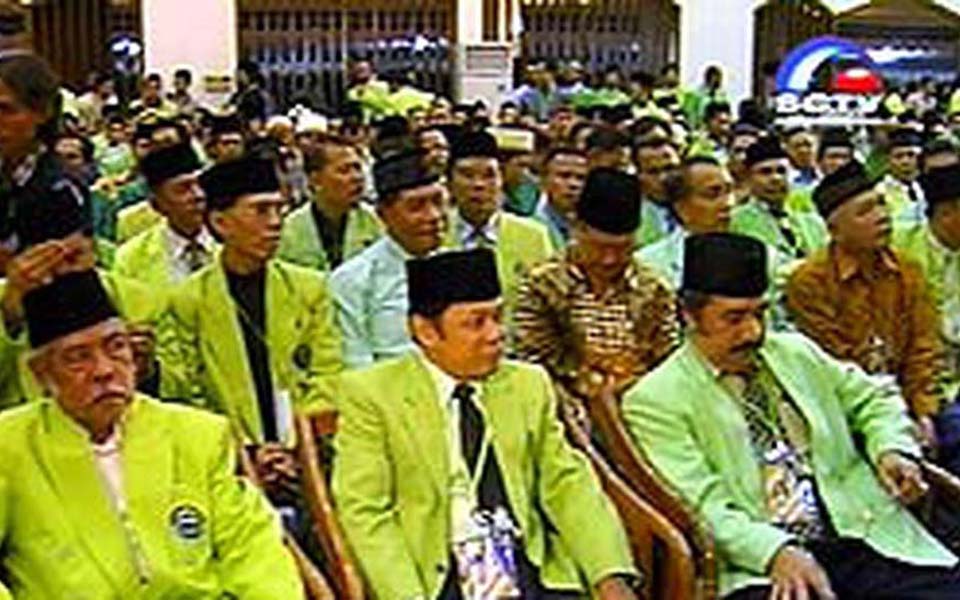
M. Husni Nanang, Jakarta – Dita Indah Sari, the former (sic) general chairperson of the National Liberation Party of Unity (Papernas), who is a legislative candidate for the Star Reform Party (PBR), believes that the comment by Ade Daud Nasution, who stated that the PBR has shifted in a communist direction, has no basis.
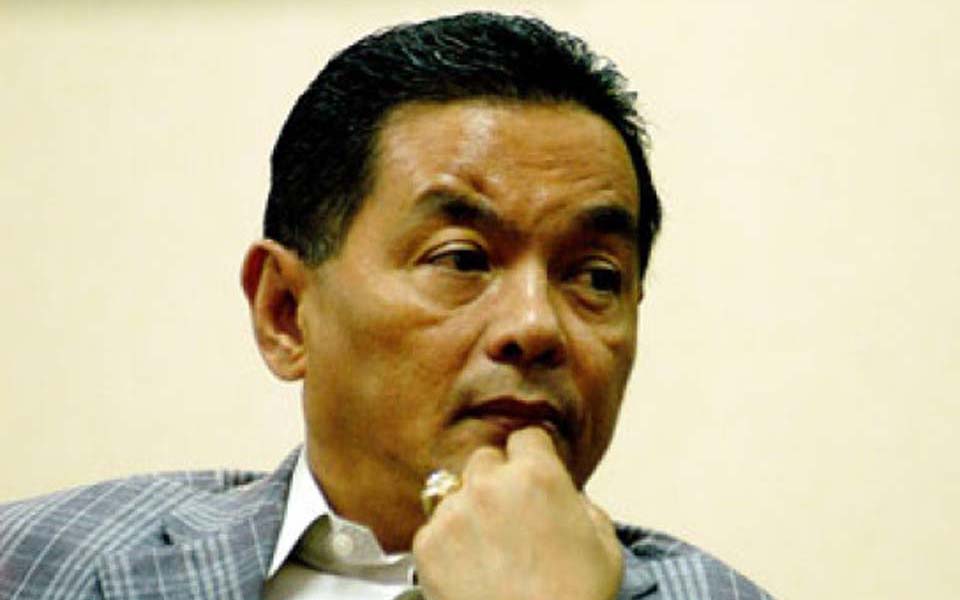
Hestiana Dharmastuti, Jakarta – House of Representatives (DPR) legislative member Ade Daud Nasution has been dismissed from the house and his membership of the Star Reform Party (PBR) revoked. Despite this however, Nasution has responded calmly to the move.
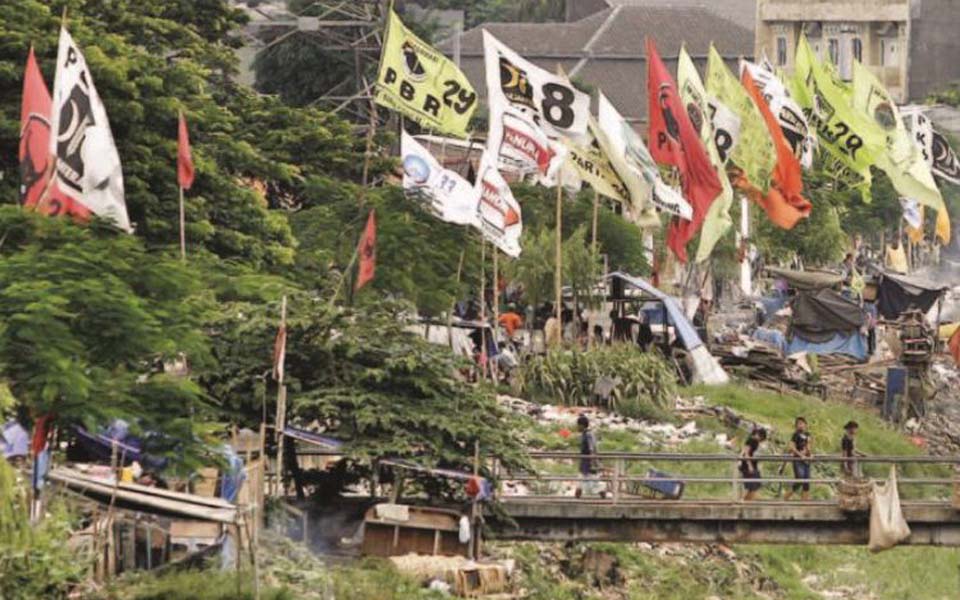
Suwardiman – The image presented by elite leaders and a political party appears to be the main consideration that will increasingly be taken into account by prospective voters in the 2009 general elections.
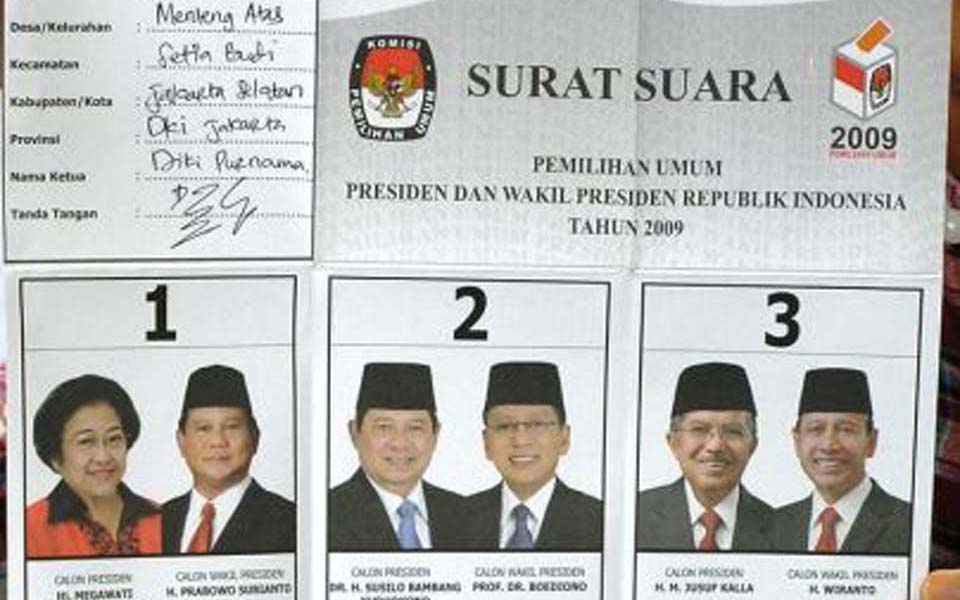
Suwardiman – The geo-political map in the 2009 general elections could be very different from previous elections. Shifts in regional control may be largely coloured by the growth in the self-confidence of political parties following the election of regional heads (pilkada).
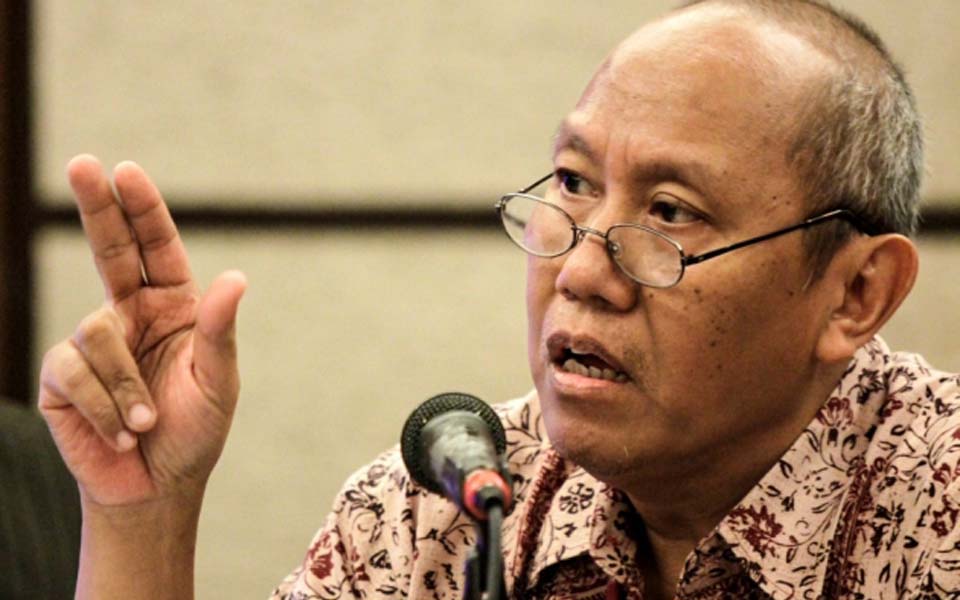
Laurencius Simanjuntak, Jakarta – In the lead up to the 2009 general elections many legislative candidates are using advertisements in the mass media to campaign for themselves. Some however are only being polished up by the media without informing the public about what they have done for the nation and state.
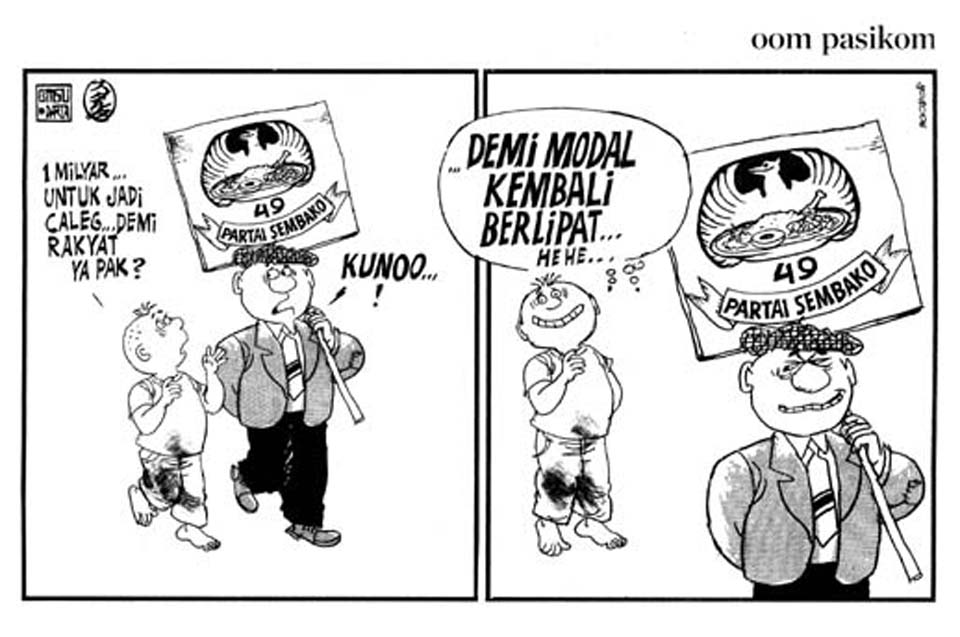
Kid: …One billion… to become a legislative candidate… for the sake of the people yeah Mr?
Placard reads: Basic Commodities Party.
Man: Don’t be so old fashioned…!
Kid: …For the sake of a capital return several times over… He he…
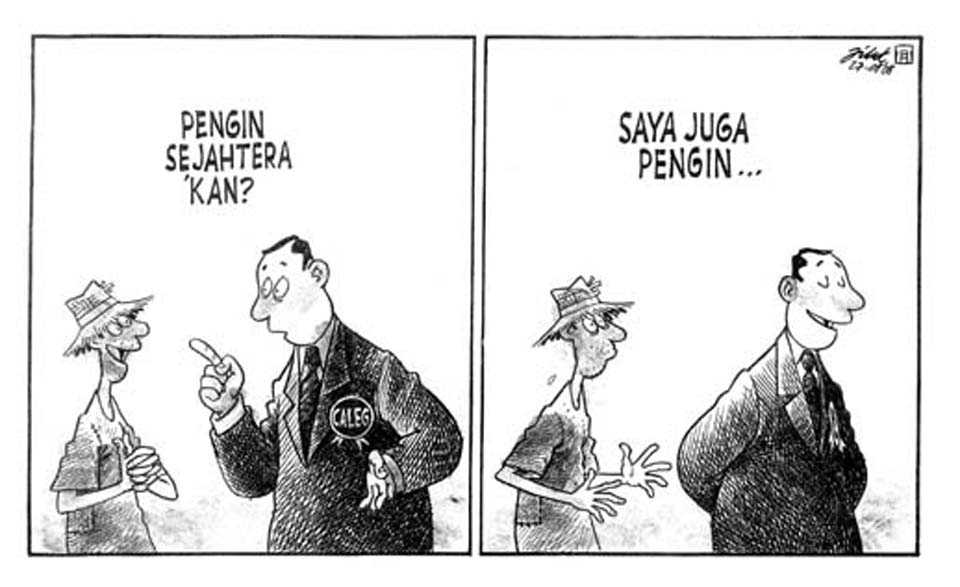
Badge reads: Legislative Candidate.
Politician: Wana be prosperous right? I also want...
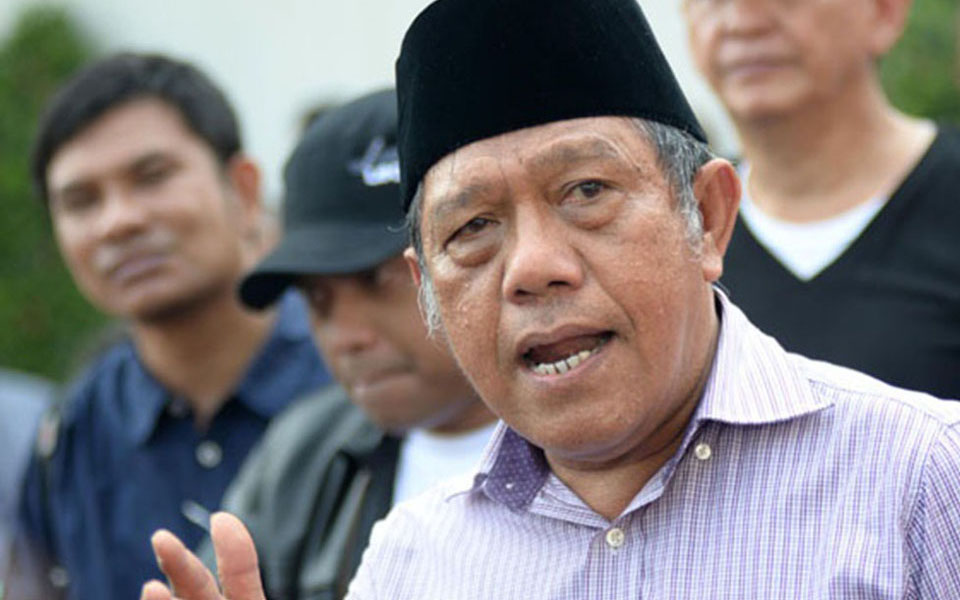
Hadi Santoso, Jakarta – The retreat of key cadres to other parties has left the Labour Party overwhelmed in its attempts to compose a list of legislative candidates.





